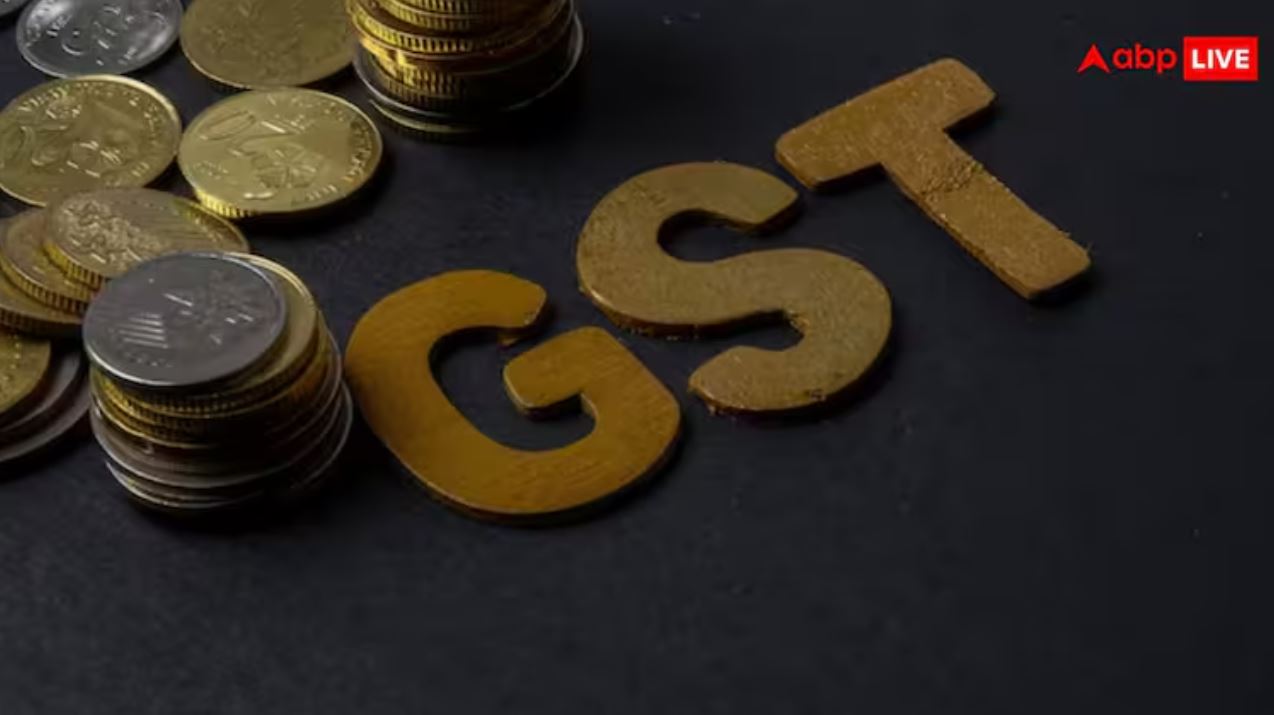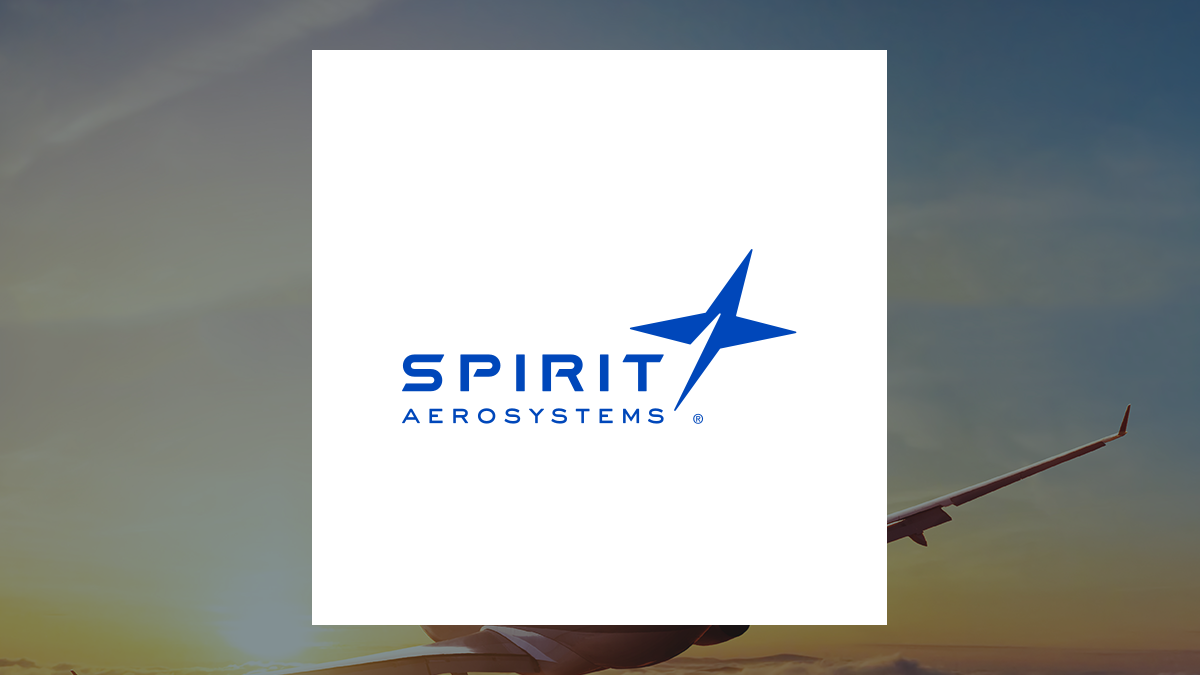Businesses applying for GST registration can now expect faster processing, with the government streamlining timelines for approval. According to the Central Board of Indirect Taxes and Customs (CBIC), standard applications will be approved within seven days, while those flagged as risky will be cleared within 30 days, following physical verification of business premises. Continues below advertisement window.
addEventListener("load", function() { let ad_unit_fire_time = 1000; if(ad_delay_time_abp > 0){ ad_unit_fire_time = parseInt(ad_delay_time_abp) + 500; } setTimeout(function () { googletag.cmd.push(function() { googletag.

display("div-gpt-ad-9167143-2"); }); },ad_unit_fire_time) }); In response to concerns that some field officers were requesting unnecessary documentation by raising presumptive queries, the CBIC also released an indicative list of acceptable documents. This move aims to standardise procedures and reduce the burden on applicants by ensuring only relevant and necessary documents are sought during the registration process. In an effort to ease the Goods and Services Tax (GST) registration process and reduce procedural delays, the CBIC has issued revised instructions to field officers, cautioning them against raising unnecessary queries and demanding original physical copies of documents.
The directive comes after the Board received multiple complaints from applicants facing difficulties in obtaining GST registration, primarily due to excessive documentation requests and ambiguous clarifications sought by officials, many of which are not mandated under existing guidelines. Continues below advertisement window.addEventListener("load", function() { let ad_unit_fire_time = 1000; if(ad_delay_time_abp > 0){ ad_unit_fire_time = parseInt(ad_delay_time_abp) + 500; } setTimeout(function () { googletag.
cmd.push(function() { googletag.display("div-gpt-ad-1253031-3"); }); },ad_unit_fire_time) }); Standard List Of Documents The CBIC stressed that officers should strictly adhere to a standard list of documents during the registration process.
For establishing ownership of the Principal Place of Business (PPOB), applicants are required to upload any one of the following documents including the latest property tax receipt, municipal Khata copy, and electricity bill in the name of the owner or any other similar document issued by the state government, such as a water bill In cases where the premises are rented, a valid rent or lease agreement must be provided, along with one of the above documents to confirm the PPOB. For businesses registered as partnerships, the 'Partnership Deed' must be submitted as proof of the business constitution. The CBIC clarified that additional documents, such as Udyam registration, MSME certificates, trade licenses, or shop establishment certificates, should not be demanded, as they are not prescribed requirements.
The Board also flagged common, problematic queries raised by some officers that are causing hardship to applicants. These include concerns over the residential address of the applicant or authorized signatory not matching the registration state, or doubts about the suitability of premises for the proposed business activities, issues which the CBIC says should not obstruct registration. "Officers handling registration applications should not ask any presumptive query which is not related to the documents or information submitted by the applicant," the CBIC said.
Also Read: Centre Appoints Arvind Shrivastava As New Revenue Secretary; Key Bureaucratic Reshuffle Announced Review GST Registration Applications The CBIC has also directed field officers to thoroughly review GST registration applications for completeness and accuracy. Officers have been instructed to verify the authenticity of address-related documents submitted by applicants by cross-checking them with publicly accessible sources, such as official websites of land registries, electricity boards, municipal corporations, and other relevant local authorities. "Where applications have not been flagged as risky on the common portal based on data analysis and risk parameters, and the same are found to be complete and without any deficiency, the officers should approve the application within 07 working days of submission of the application," it said.
GST registration will be granted within 30 days from the date of application submission in cases where physical verification of the business premises is deemed necessary. This applies in instances where the applicant, despite completing Aadhaar authentication, is flagged as high-risk based on data analysis and risk parameters on the GST portal; where the applicant fails to complete Aadhaar authentication; or where the proper officer, based on their assessment, finds it appropriate to conduct a physical inspection of the place of business..
GST Registration To Be Granted Within 7 Days; Risky Applications To Undergo Verification: CBIC

Businesses applying for GST registration can now expect faster processing, with the government streamlining timelines for approval. According to the Central Board of Indirect Taxes and Customs (CBIC), standard applications will be approved within seven days, while those flagged as risky will be cleared within 30 days, following physical verification of business premises.In response to concerns that some field officers were requesting unnecessary documentation by raising presumptive queries, the CBIC also released an indicative list of acceptable documents. This move aims to standardise procedures and reduce the burden on applicants by ensuring only relevant and necessary documents are sought during the registration process.In an effort to ease the Goods and Services Tax (GST) registration process and reduce procedural delays, the CBIC has issued revised instructions to field officers, cautioning them against raising unnecessary queries and demanding original physical copies of documents. The directive comes after the Board received multiple complaints from applicants facing difficulties in obtaining GST registration, primarily due to excessive documentation requests and ambiguous clarifications sought by officials, many of which are not mandated under existing guidelines.Standard List Of DocumentsThe CBIC stressed that officers should strictly adhere to a standard list of documents during the registration process. For establishing ownership of the Principal Place of Business (PPOB), applicants are required to upload any one of the following documents including the latest property tax receipt, municipal Khata copy, and electricity bill in the name of the owner or any other similar document issued by the state government, such as a water billIn cases where the premises are rented, a valid rent or lease agreement must be provided, along with one of the above documents to confirm the PPOB.For businesses registered as partnerships, the 'Partnership Deed' must be submitted as proof of the business constitution. The CBIC clarified that additional documents, such as Udyam registration, MSME certificates, trade licenses, or shop establishment certificates, should not be demanded, as they are not prescribed requirements.The Board also flagged common, problematic queries raised by some officers that are causing hardship to applicants. These include concerns over the residential address of the applicant or authorized signatory not matching the registration state, or doubts about the suitability of premises for the proposed business activities, issues which the CBIC says should not obstruct registration."Officers handling registration applications should not ask any presumptive query which is not related to the documents or information submitted by the applicant," the CBIC said.Review GST Registration ApplicationsThe CBIC has also directed field officers to thoroughly review GST registration applications for completeness and accuracy. Officers have been instructed to verify the authenticity of address-related documents submitted by applicants by cross-checking them with publicly accessible sources, such as official websites of land registries, electricity boards, municipal corporations, and other relevant local authorities."Where applications have not been flagged as risky on the common portal based on data analysis and risk parameters, and the same are found to be complete and without any deficiency, the officers should approve the application within 07 working days of submission of the application," it said.GST registration will be granted within 30 days from the date of application submission in cases where physical verification of the business premises is deemed necessary. This applies in instances where the applicant, despite completing Aadhaar authentication, is flagged as high-risk based on data analysis and risk parameters on the GST portal; where the applicant fails to complete Aadhaar authentication; or where the proper officer, based on their assessment, finds it appropriate to conduct a physical inspection of the place of business.














